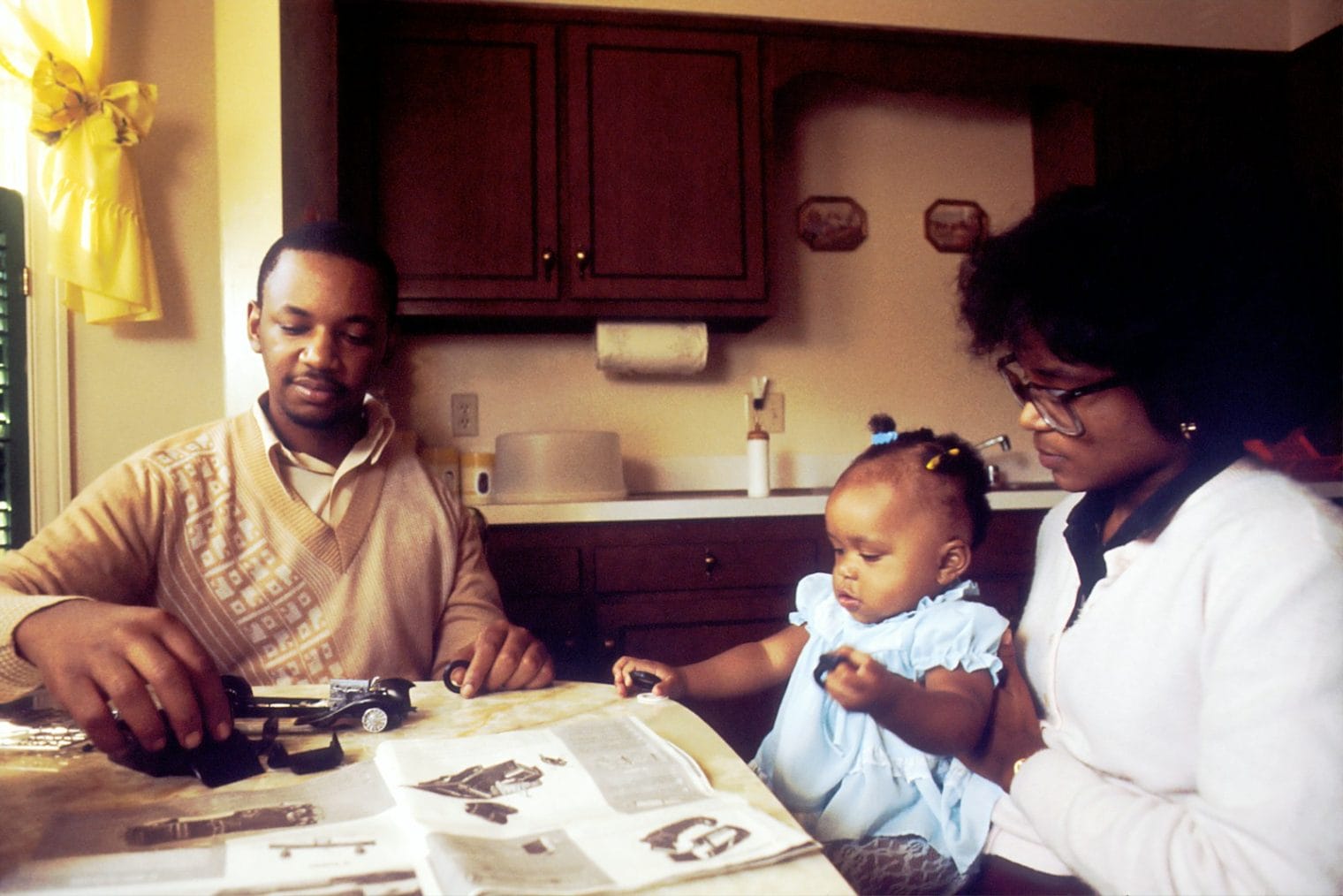
War has long been recognized as a catalyst for significant societal changes. From the devastation it inflicts on physical landscapes to the trauma it leaves on individuals, the effects of war reverberate long after the last battle has been fought. Among the many consequences of war, one of the most significant is its impact on the mental health of the civilian population. This article explores the profound and lasting influence of war on mental health and human behavior, examining the historical context and the implications on society.
The Historical Impact of War on Mental Health
Throughout history, wars have profoundly impacted the mental health of individuals and communities. From the shell shock experienced by soldiers in World War I to the psychological trauma suffered by civilians in more recent conflicts, the toll on mental well-being cannot be understated. The recognition of the psychological symptoms among soldiers during World War II led to the establishment of the National Institute of Mental Health in the United States. This recognition paved the way for a greater understanding of the psychiatric reactions to stress and the development of psychological interventions.
The World Health Organization (WHO) emphasized the psychological effects of war through the resolution passed by the World Health Assembly in May 2005. This resolution urged member states to enhance efforts in safeguarding children affected by armed conflict. Additionally, the WHO Executive Board resolution in January 2005 called for support in implementing initiatives to heal the mental wounds caused by war, conflict, and natural disasters. These resolutions underscore the importance of prioritizing the psychological well-being of individuals impacted by such traumatic events.
According to the WHO, during armed conflicts worldwide, approximately 10% of individuals who undergo traumatic events will face significant mental health issues, while another 10% will exhibit behavior that impairs their ability to function effectively. Depression, anxiety, and psychosomatic problems like insomnia, backaches, and stomachaches are among the most prevalent conditions experienced.
The Impact of War on Vulnerable Groups
Studies have shown a definite increase in the incidence and prevalence of mental disorders in populations affected by war. The rates of mental disorders are associated with the degree of trauma experienced and physical and emotional support availability. Women tend to be more affected than men, and other vulnerable groups include children, the elderly, and the disabled.
War has a disproportionate impact on vulnerable groups within society. Children, in particular, are highly susceptible to the psychological effects of war. Studies have shown high levels of post-traumatic stress disorder (PTSD) symptoms among children exposed to war-related trauma. The disruption of their lives, loss of loved ones, and exposure to violence can have long-lasting consequences on their mental well-being.
According to Amnesty International, more than 19,000 children were involved in armed conflicts in 2021, either through recruitment as child soldiers, death or injury, being victims of sexual violence, or being abducted. In addition, women are also subject to several forms of sexual violence, leading to physical and psychological damage.
Similarly, the elderly and disabled individuals often face unique challenges in war-affected areas. Limited access to healthcare, loss of social support networks, and increased vulnerability to violence contribute to higher rates of mental health disorders. These populations require specific attention and support to address their unique needs.
Major Wars and Their Psychological Consequences
Examining the impact of specific wars on mental health provides valuable insights into the far-reaching consequences of armed conflicts. The following sections delve into the psychological consequences of wars in different regions:
Afghanistan
Decades of conflict in Afghanistan have caused widespread suffering and displacement, with significant consequences for mental health. Studies have shown high rates of depression, anxiety, and PTSD among Afghan adults. Women and disabled individuals are particularly vulnerable, and coping strategies often involve religious and spiritual practices.

The Balkans
The conflicts in the Balkans have been extensively studied in recent years. Research has shown high rates of psychiatric disorders, such as depression and PTSD, among survivors on both sides of the conflicts. The long-term impact of these conflicts on mental health and disability is evident, even years after the cessation of hostilities.
Cambodia
Cambodia’s history of violence, including the civil war and the Khmer Rouge regime, has left deep scars on the population. Studies have found high levels of psychiatric symptomatology among Cambodian refugees, with symptoms of depression and PTSD prevalent. Changes in social structures and the loss of traditional healers have further exacerbated mental health issues.
Chechnya
The human rights abuses in Chechnya have significantly impacted the mental well-being of the population. Studies have shown high levels of psychological distress and the use of coping strategies such as praying and seeking support from family members. The long-lasting consequences of the conflict on mental health require ongoing attention and support.
Iraq
Iraq has experienced numerous conflicts and wars with profound implications for mental health. Limited research exists on the impact of these conflicts on mental health, but studies have shown high rates of PTSD symptoms among Kurdish children and Iraqi refugees. The long-term effects of occupation and violence on mental health remain an important area of study.
Israel
Israel has been in a state of conflict for many decades, with a significant body of research on the psychological impact of war. Studies have shown high rates of traumatic stress-related symptoms among individuals exposed to war-related trauma. Coping mechanisms such as active information search and social support play a crucial role in mitigating the psychological consequences of war.
Lebanon
Lebanon’s history of civil war and external conflicts has significantly impacted mental health. Studies have shown high rates of depression and PTSD among the population, with exposure to war-related events strongly associated with higher levels of depressive symptomatology. The intergenerational transmission of mental health issues, particularly from mothers to children, further highlights the long-lasting effects of war.
Palestine
The ongoing conflict in Palestine has profoundly impacted the mental health of its population. Studies have shown high rates of PTSD symptoms among children and adolescents, with girls and those living in refugee camps being particularly vulnerable. The exposure to violence and the lack of psychological support contribute to Palestinians’ significant mental health challenges.

Conclusion
The impact of war on mental health and human behavior cannot be underestimated. From the historical context to the specific consequences of major wars, the evidence is clear: war leaves a lasting imprint on individuals and communities. Understanding the psychological consequences of war is essential for providing effective support and interventions to mitigate its impact. By recognizing the unique challenges vulnerable groups face and promoting resilience and adaptive coping strategies, we can work towards healing the wounds of war and rebuilding societies for a better future.





Leave a Reply